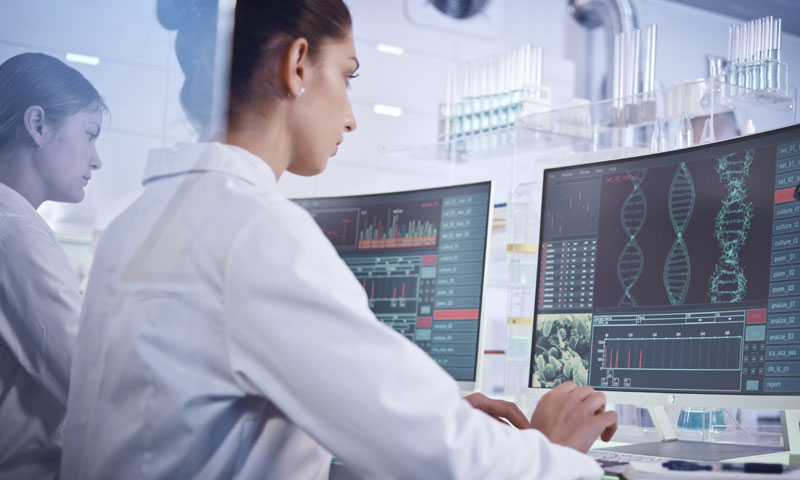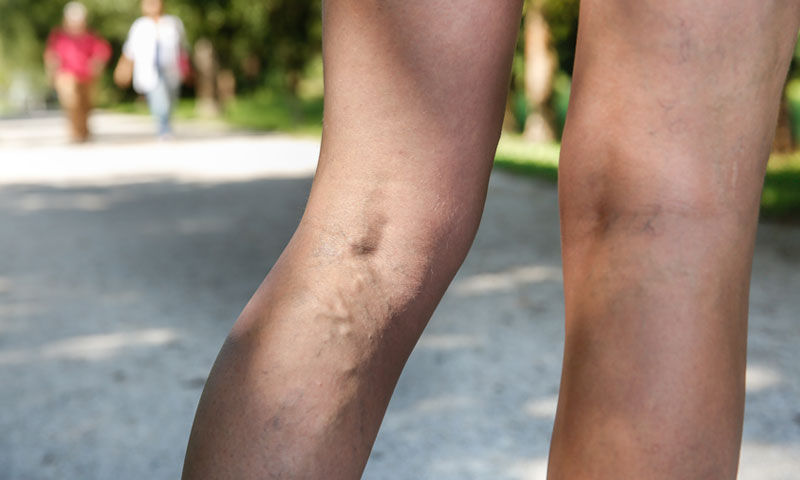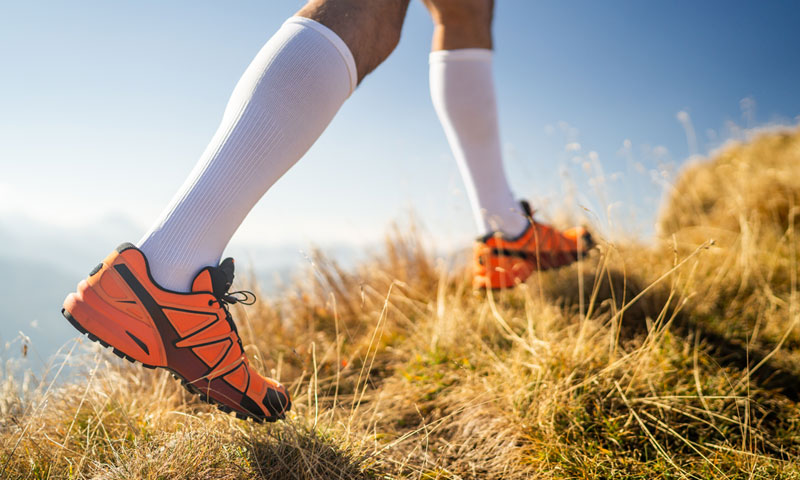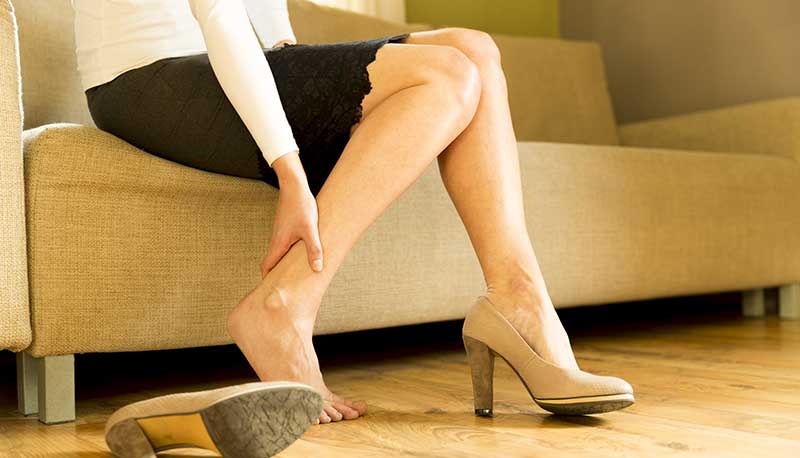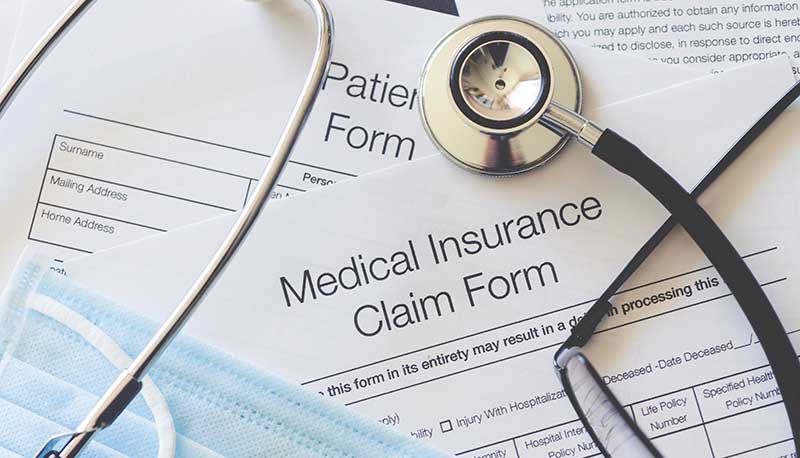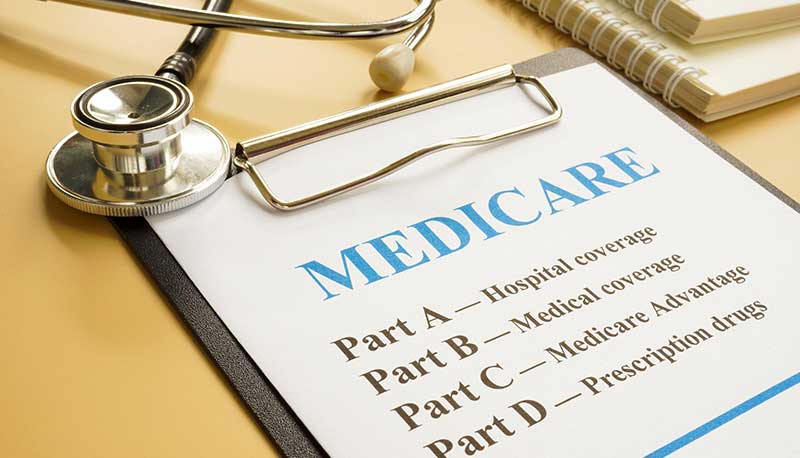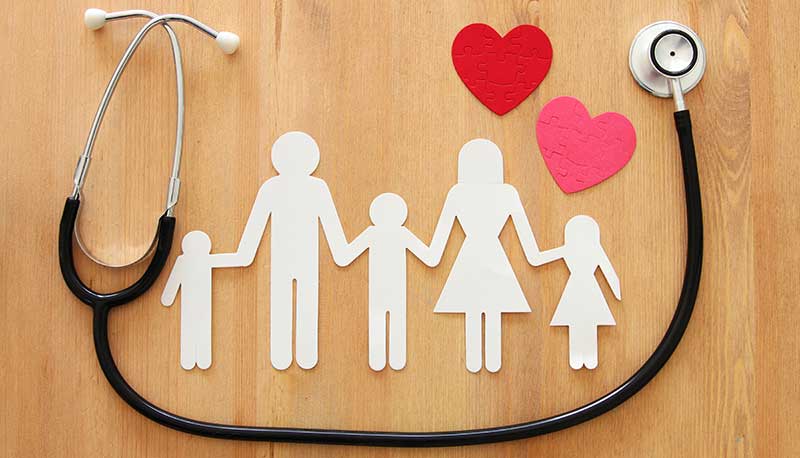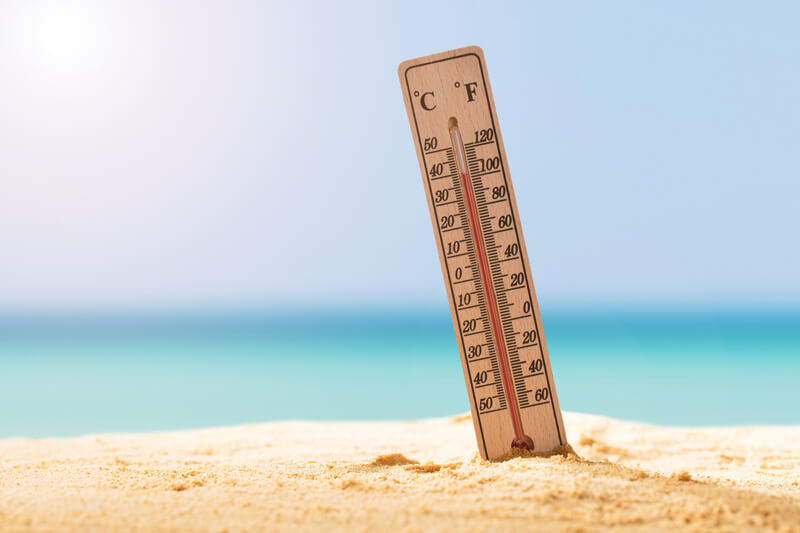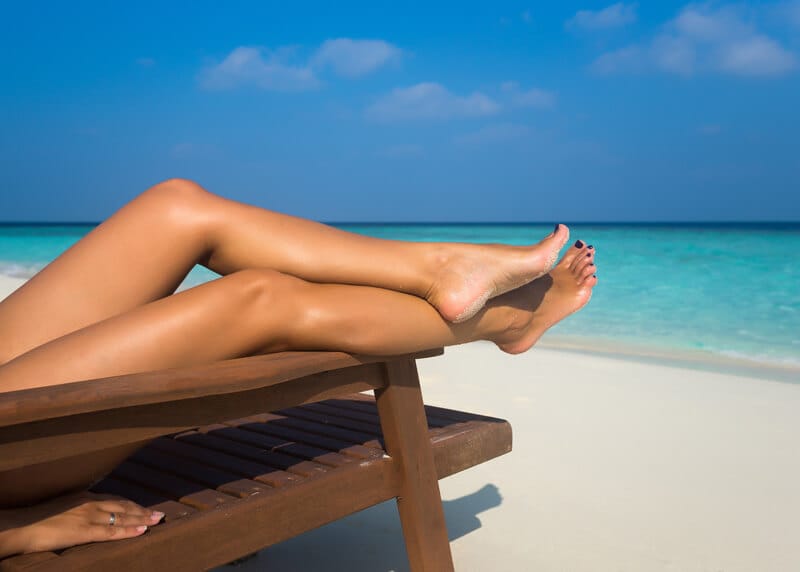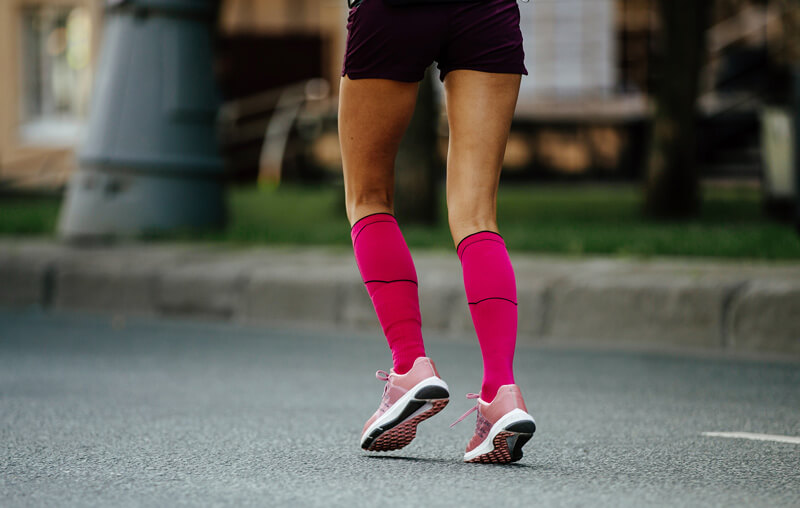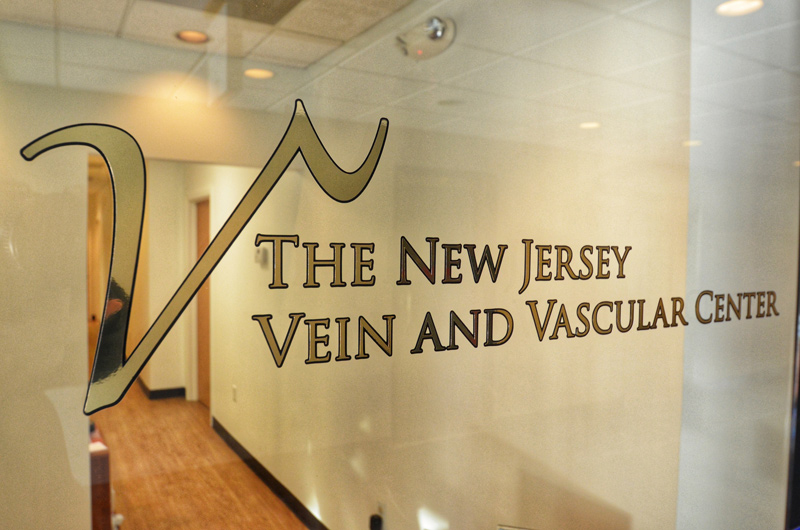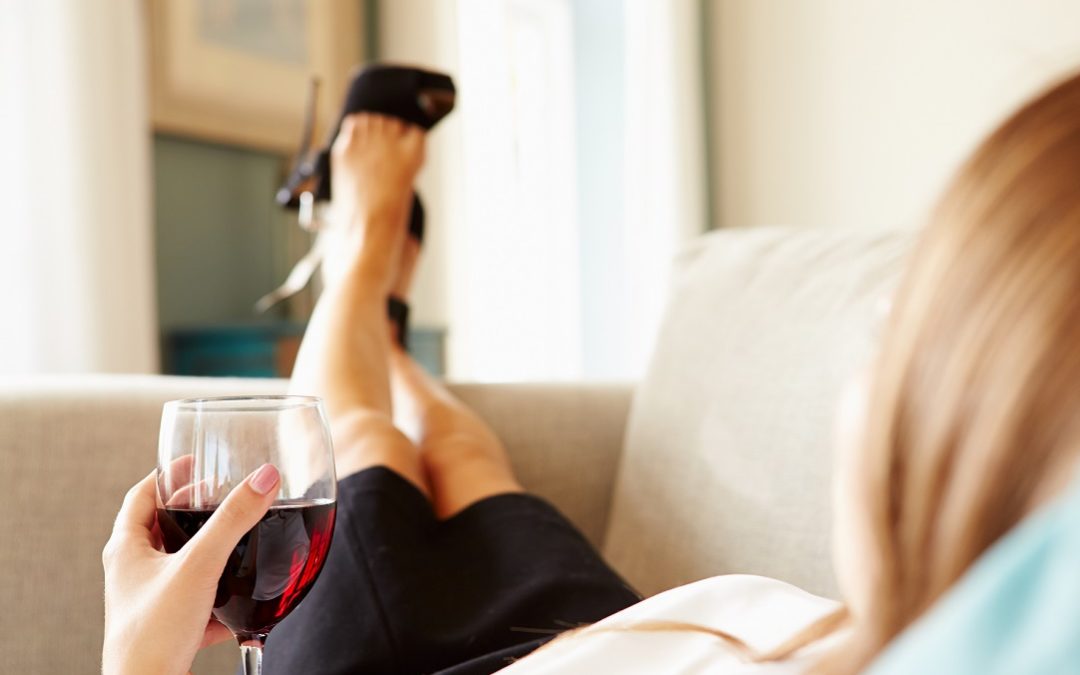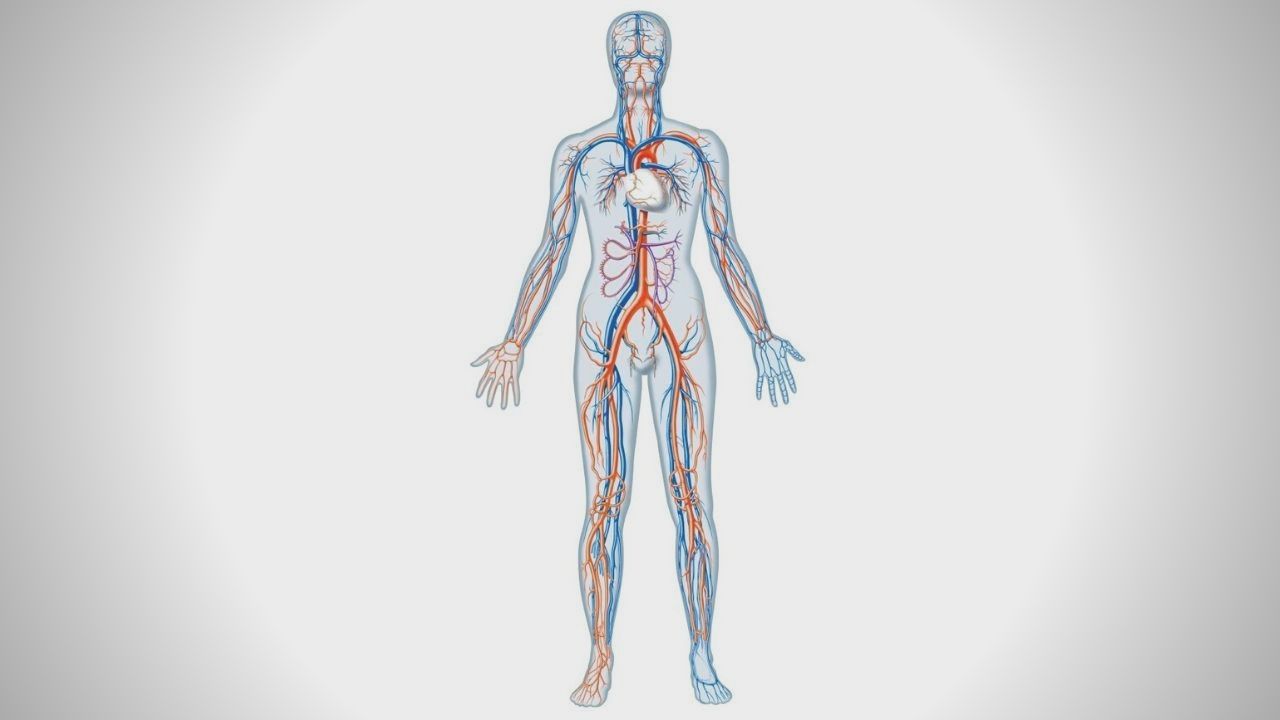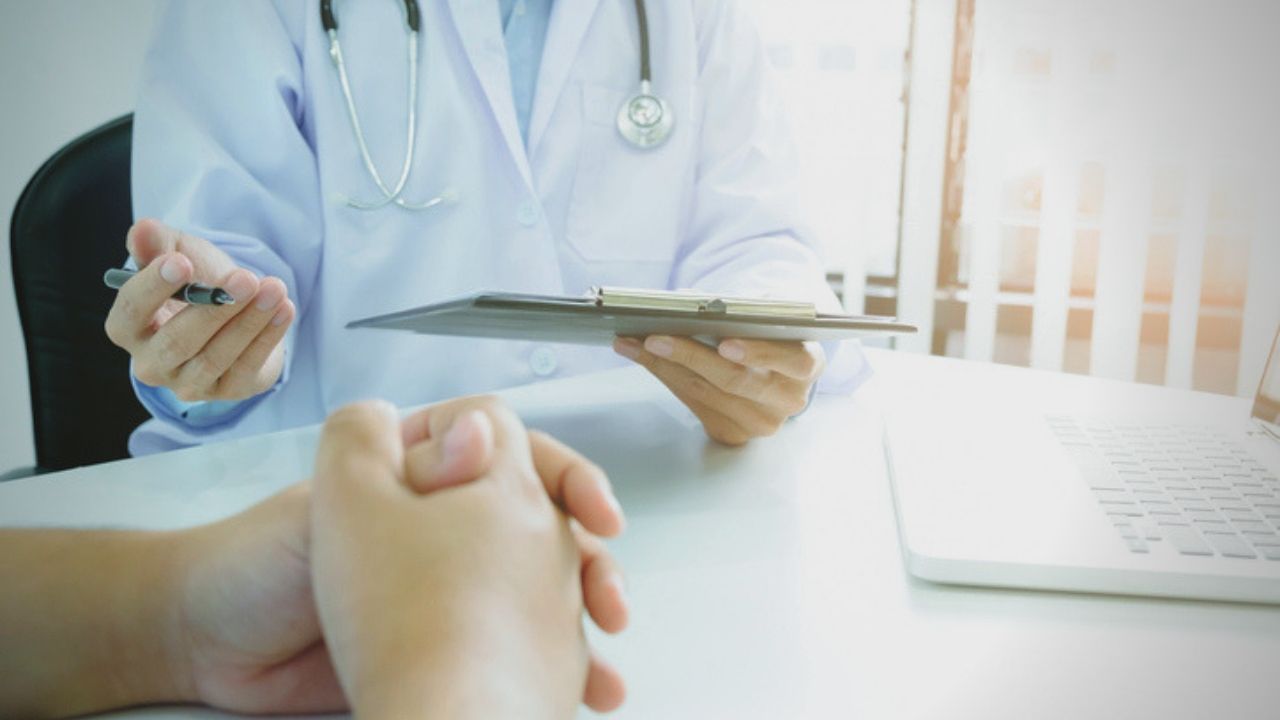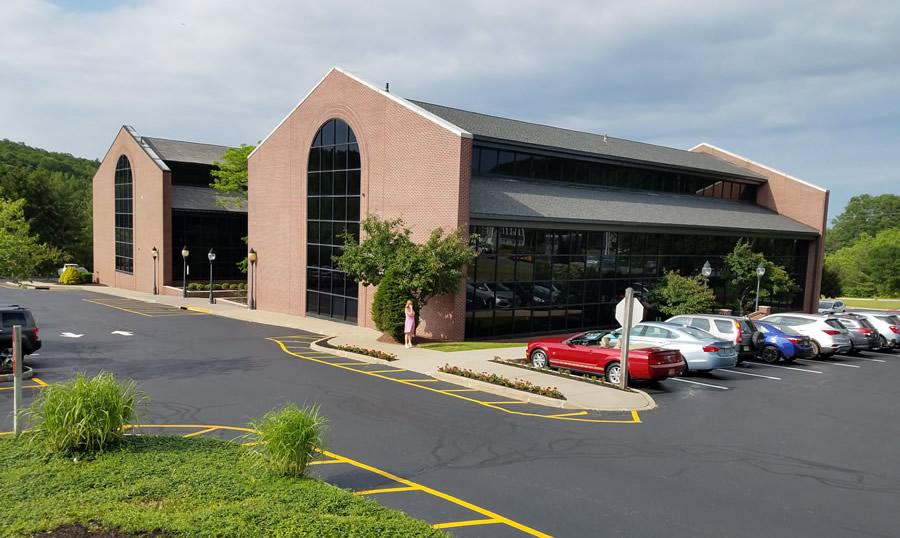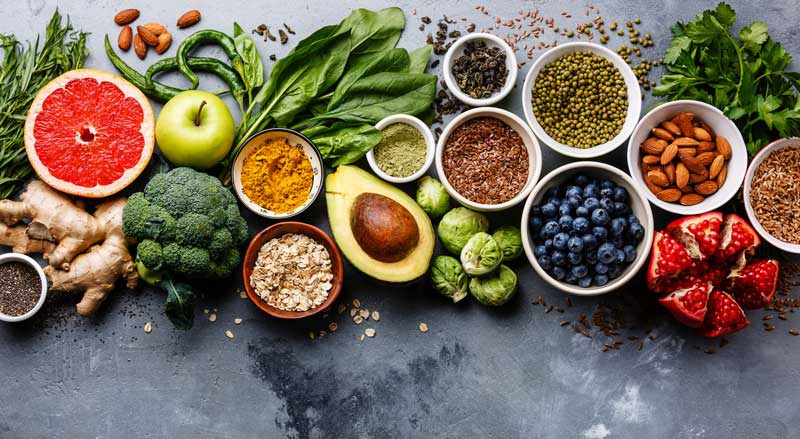
Top Foods That Improve Circulation and Vein Health
Maintaining optimal circulation and vein health is essential for overall well-being.
Good circulation is the key to a healthy body, ensuring every cell receives the necessary oxygen and nutrients and effectively removes waste products.
On the other hand, poor circulation can lead to various health issues, including fatigue, numbness, and even more severe conditions like varicose veins or chronic venous insufficiency.
Fortunately, the foods we choose to incorporate into our diets can play a significant role in promoting healthy blood flow and supporting vein strength.
This article will explore some of the top foods that can enhance circulation and bolster vein health. From vibrant fruits and vegetables to heart-healthy fats and spices, these dietary choices provide essential nutrients and contribute to improved vascular function, ensuring that your body remains energized and thriving.
Discover how to nourish your circulatory system and support your veins with delicious, wholesome foods.
Bioflavonoids-Rich Food
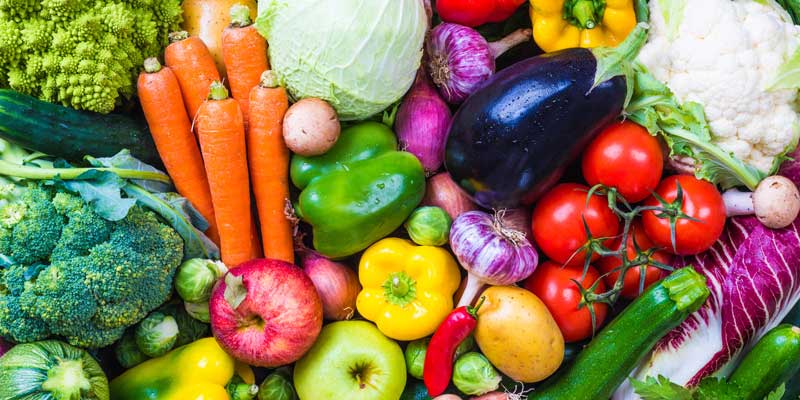
One of the best ways to support vein health is consuming foods rich in bioflavonoids.
These compounds, which give fruits and vegetables their vibrant colors, play a crucial role in strengthening your veins.
A diet that includes a variety of colorful vegetables—such as leafy greens, deep purples, bright reds, oranges, and yellows-can significantly contribute to preventing the development of varicose veins.
Ginkgo Biloba
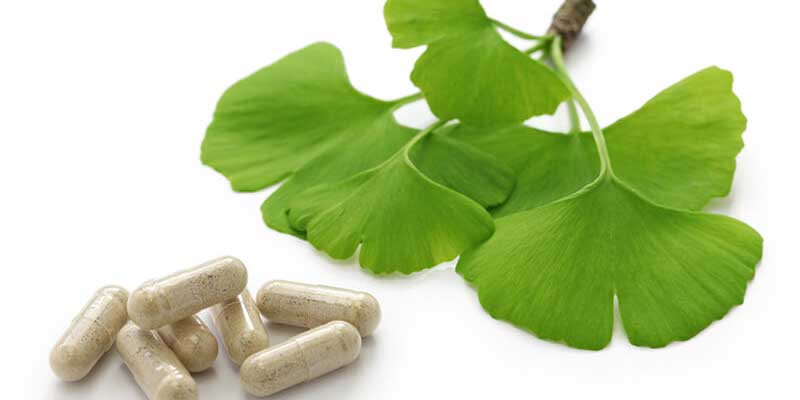
Ginkgo Biloba, commonly known as ginkgo, is one of the oldest living tree species native to China. Although poisonous, ginkgo is available as an oral tablet, extract, or tea.
The ginkgo seeds have been a part of Chinese medicine for ages. It is said to increase blood flow. Scientific evidence has proven this belief to be true.
For blood vessels to dilate, nitric oxide must be present. Ginkgo increases the levels of nitric oxide in the blood-enhancing circulation.
Celery
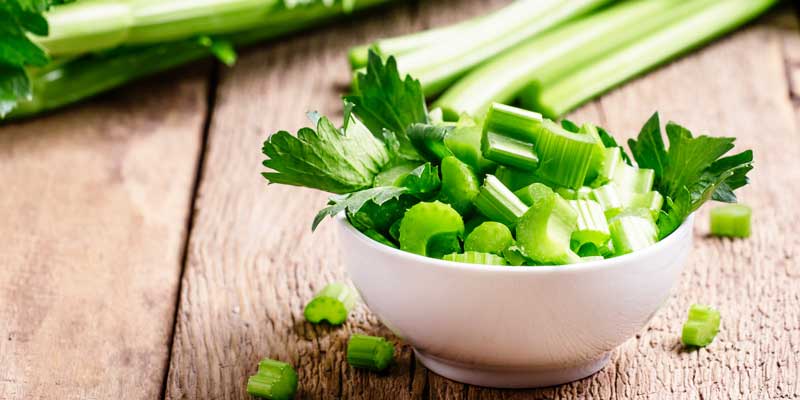
Celery is an excellent source of Vitamin K, an often overlooked powerhouse, which is vital for blood clotting and circulation.
It is low in calories but high in essential vitamins, and celery also acts as a natural diuretic, helping eliminate toxins.
Additionally, celery contains antioxidants and anti-inflammatory compounds that can support vascular health by reducing inflammation in blood vessels.
The high water content in celery aids in hydration, promoting optimal blood flow and circulation.
Enjoy it raw, blended in smoothies, or added to soups and salads to reap benefits.
Regular consumption of celery can contribute to overall cardiovascular health, making it a heart-friendly snack choice.
Dark Chocolate
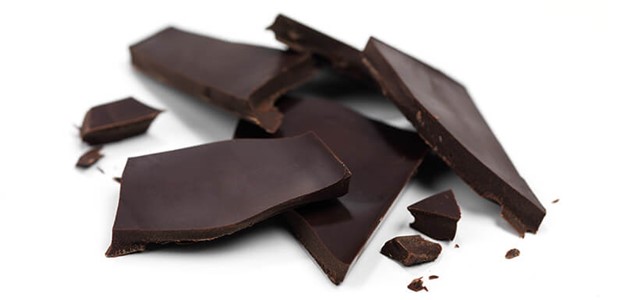
In addition to promoting better blood flow, the flavanols in dark chocolate may help strengthen the endothelial cells that line blood vessels, contributing to improved vascular health.
Furthermore, the antioxidant properties of dark chocolate can help combat inflammation, which is crucial for maintaining healthy veins and overall cardiovascular wellness.
By supporting circulation and reducing inflammation, dark chocolate can be a flavorful, heart-healthy choice that benefits your vein health.
Fiber
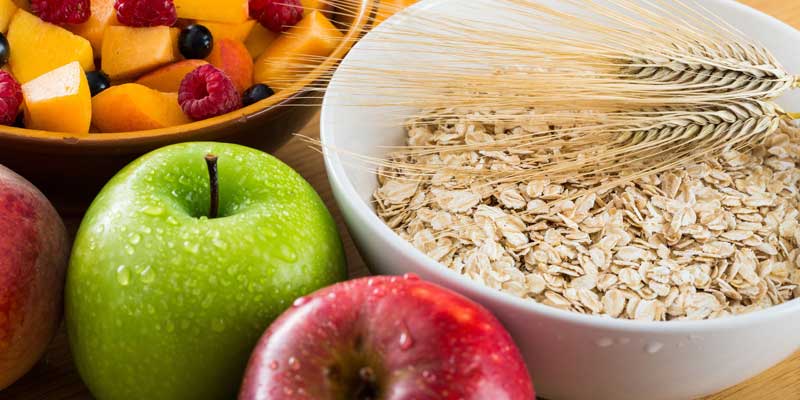
Fiber is essential for not only managing weight but also promoting vein health.
It comes in two forms—soluble and insoluble—which provide significant health benefits.
While soluble fiber helps prevent constipation (a condition that can increase pressure on your veins), insoluble fiber helps reduce cholesterol levels.
Fiber also plays a crucial role in regulating blood sugar levels, which can further contribute to overall vascular health.
Additionally, a high-fiber diet encourages healthy digestion. It supports proper blood circulation, reducing the risk of conditions like varicose veins.
For a healthy boost, Include high-fiber foods like oats, apples, berries, and carrots.
By prioritizing fiber intake, you support your digestive system and contribute to the strength and elasticity of your veins, promoting a healthier cardiovascular system overall.
Avocados
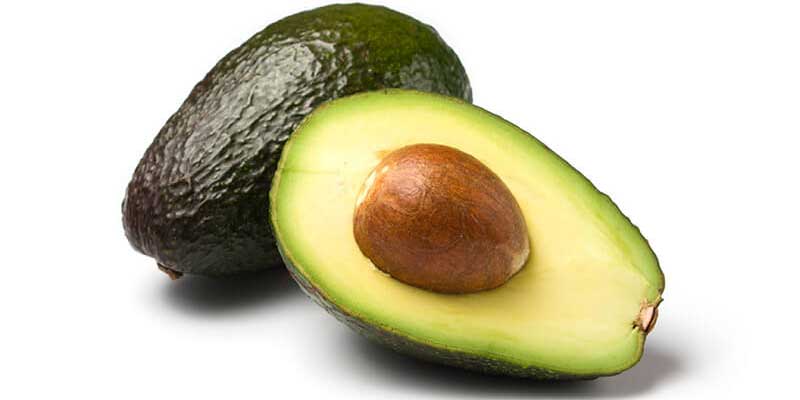
In addition to their high glutathione content, avocados also provide healthy monounsaturated fats, which can help reduce inflammation and improve blood circulation.
These fats support the flexibility of blood vessel walls, contributing to overall cardiovascular health.
Avocados are packed with potassium, a mineral that helps regulate blood pressure and reduce strain on the veins.
Incorporating avocados into your diet can enhance vein health and contribute to a well-balanced nutritional profile, making them a smart choice for maintaining optimal vascular function.
Rosemary
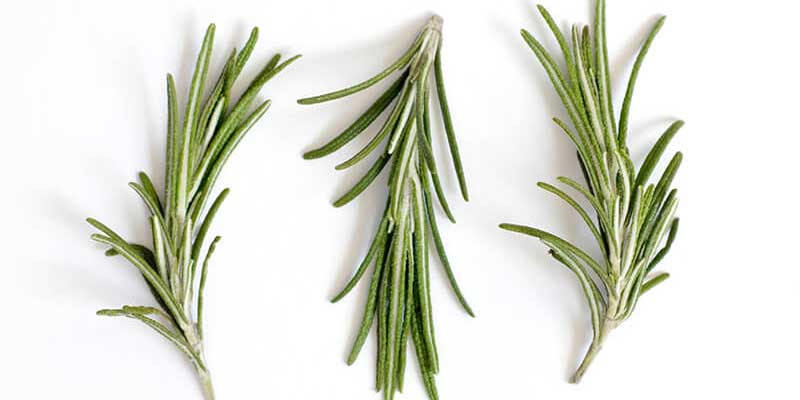
This aromatic herb isn’t just for flavoring your dishes; it’s also known for its circulation-boosting properties.
Rosemary is rich in antioxidants and has anti-inflammatory effects, making it a fantastic choice for those concerned about vein health.
The herb helps stimulate blood flow, improving overall circulation and reducing the risk of conditions like varicose veins.
Additionally, compounds in rosemary may aid in toning blood vessels, further promoting vascular health.
By incorporating rosemary into your diet or wellness routine—whether fresh, dried, or used as an essential oil—you can naturally tap into its multifaceted benefits and support your circulatory system.
Regular use may also enhance tissue nutrient delivery, improving healing and vitality.
Vitamin C
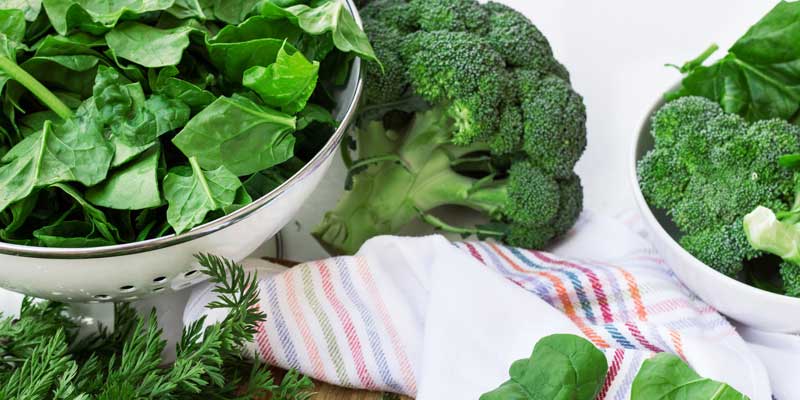
In addition to its role in collagen and elastin production, vitamin C is a powerful antioxidant, helping protect blood vessels from oxidative stress and inflammation that can weaken vein walls.
This nutrient supports overall circulation by improving blood flow and reducing the risk of clots forming, which is essential for maintaining healthy veins.
Vitamin C aids in iron absorption, contributing to a healthy blood supply and nutrient delivery.
By ensuring an adequate intake of vitamin C, you strengthen your veins and enhance your overall vascular health.
Tomatoes
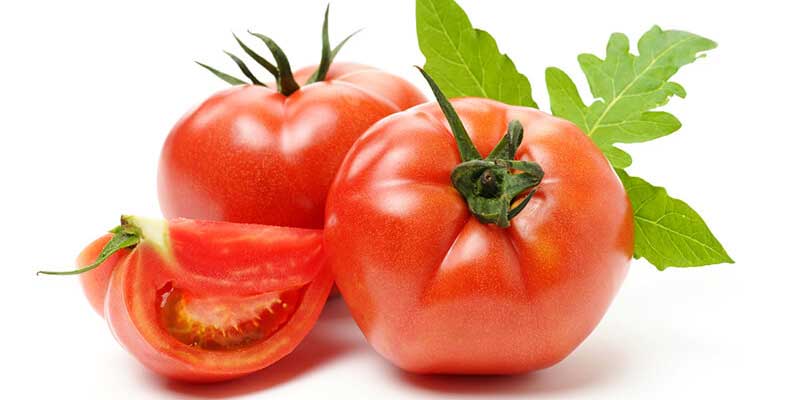
Tomatoes are a powerful fruit packed with lots of vitamin K.
They increase the production of platelets in the body and promote good blood health.
Tomatoes also contain lycopene, which is a powerful antioxidant. It aids in protection against cardiovascular illnesses. Moreover, lycopene helps reduce fat deposition in blood vessels.
Eat tomatoes any way you like – soups, salsa, or even juice – the benefits are outstanding.
Citrus Fruits
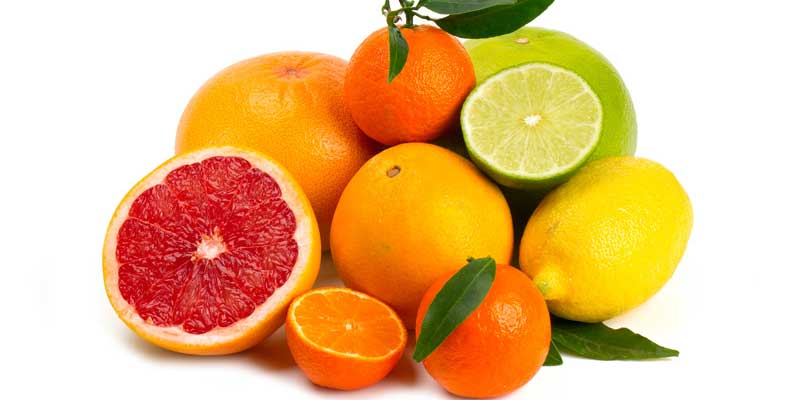
Citrus fruits are among the best anti-inflammatory foods you can eat. These fruits are naturally sweet and contain critical soluble fibers for the heart and blood.
Lemons, limes, oranges, and grapefruit are all high in Vitamin C.
Pomegranate
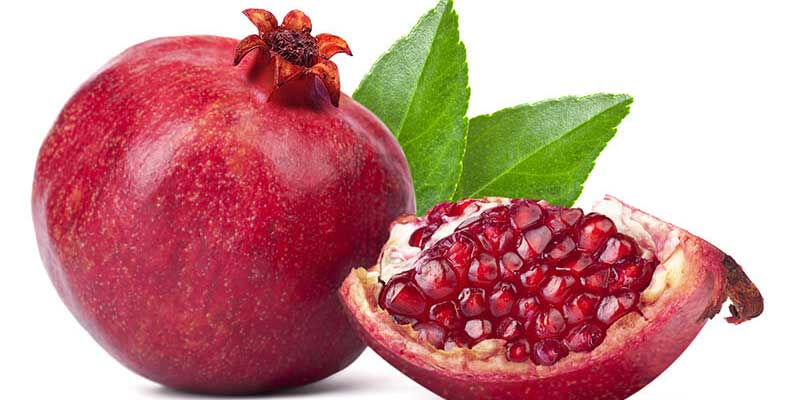
Pomegranates are a nutritious way to promote your overall circulatory health. They are rich in nitrates and polyphenol antioxidants, two powerful vasodilators. Vasodilators widen blood vessels and allow blood to flow more easily.
Pomegranates are especially beneficial for people who lead an active lifestyle. That is because they improve oxygenated blood flow to muscle tissue.
Try using pomegranate supplements, juices, or simply eating the raw fruit.
Garlic
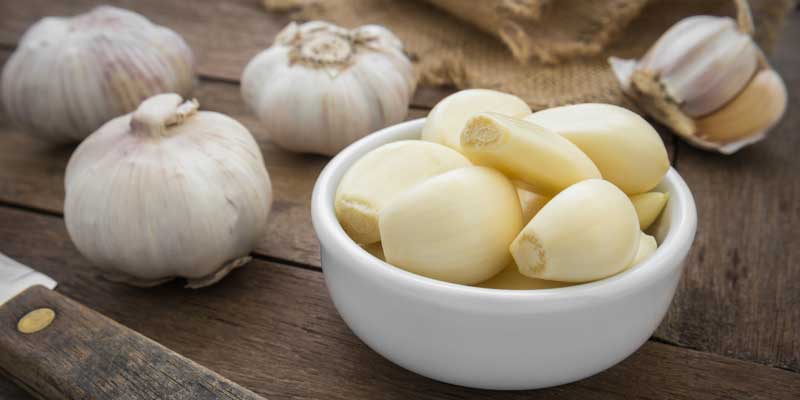
Garlic has long been praised for its medicinal properties, including its natural blood-thinning effect.
It helps lower blood pressure and reduces stress on veins—making it an excellent addition for those concerned about circulation.
Additionally, garlic is rich in antioxidants, and its anti-inflammatory properties may also play a role in reducing the risk of chronic diseases.
Incorporating garlic into your diet can be as simple as adding it to your favorite dishes and salads or even enjoying it in supplement form, allowing you to take advantage of its many health benefits.
Cinnamon
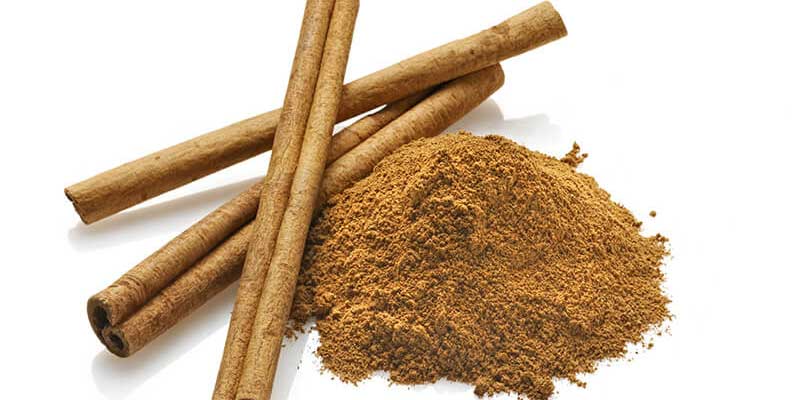
This warming spice has impressive heart health benefits. Cinnamon can improve blood flow to the coronary artery and helps widen blood vessels, reflecting its ability to relax the circulatory system.
Additionally, studies suggest that cinnamon may help lower bad cholesterol (LDL) levels while elevating good cholesterol (HDL), further supporting cardiovascular health.
Its antioxidant properties also play a role in reducing oxidative stress, which is often linked to heart disease.
Incorporating cinnamon into a balanced diet may enhance the flavor of meals and promote overall wellness and heart vitality.
As with any health supplement, it’s essential to consume it in moderation and consult a healthcare professional, especially those on medication or with existing health conditions.
Ginger
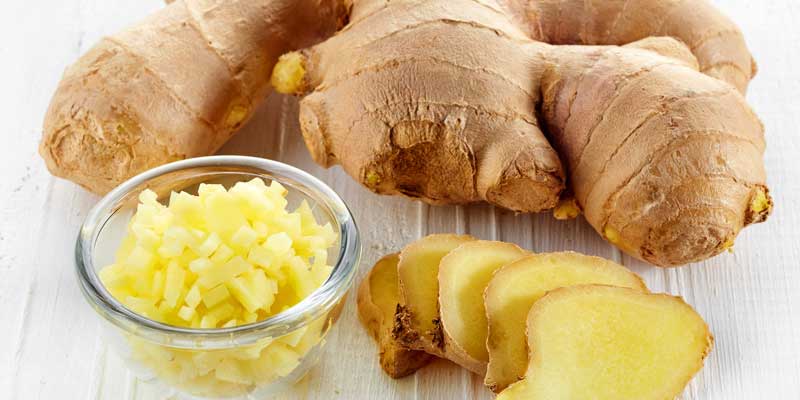
Ginger is not only a popular spice but is also known for its remarkable medicinal properties. It may help improve circulation by promoting blood flow. Often believed to reduce inflammation, ginger can contribute to overall cardiovascular health and assist in easing discomfort in your veins.
Fatty Fish

Fatty fish, such as salmon, mackerel, and sardines, are rich in omega-3 fatty acids. These healthy fats are often vital for reducing inflammation and improving overall circulation.
Omega-3s have been shown to enhance endothelial function—the thin layer of cells lining blood vessels—promoting the overall health of veins and arteries.
Phenol Rich Foods
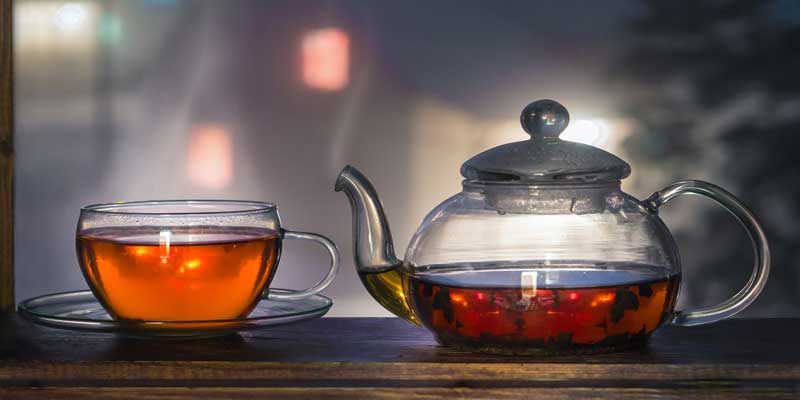
Phenol rich foods act as a protectant and can give our bodies a boost. Phenol is considered an antioxidant that benefits the entire body.
Good sources of phenol foods are peas, beans, soy milk, black and green teas, parsley, and broccoli. The high phenol content of olive oil reduces the risk of developing a blood clot.
Beets
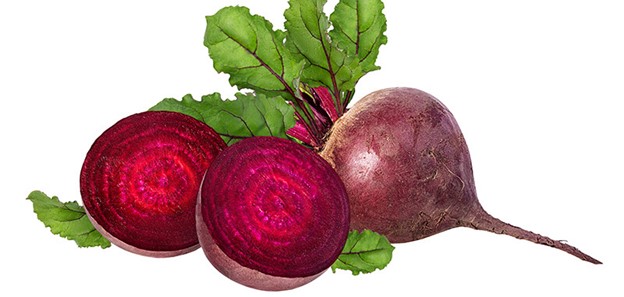
Did you know a common ingredient in most sports drinks is beet powder or beet juice? That’s because beets are linked to improved performance in athletes. Beets contain a high number of nitrates that the body converts to nitric oxide – a blood flow enhancement nutrient.
Although, beets aren’t only for the sports minded. Many older adults with circulatory health issues have found success by adding beets to their daily regimen.
Raw Nuts and Seeds
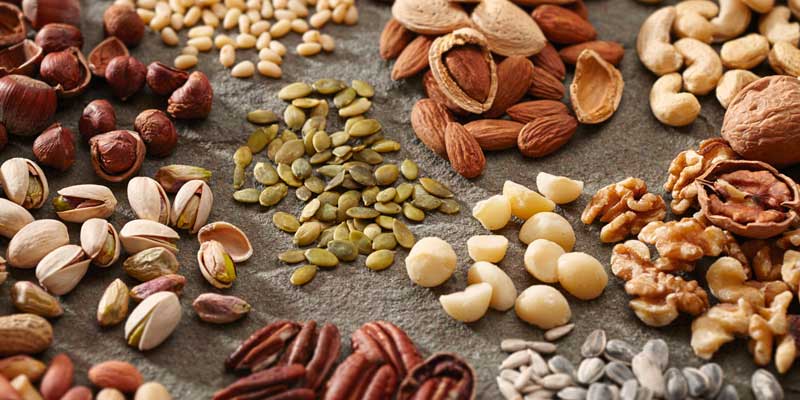
Nuts contain niacin or vitamin B3 which prevent circulation problems. They also aid with inflammation and are helpful to those with diabetes. Walnuts and almonds are two of the most nutrient-packed nuts that are said to help clear arteries.
Hemp, chia, flax, sunflower, and pumpkin seeds have large amounts of omega 3 fatty acids, fiber, and antioxidants. They are all a good source of anti-inflammatory proteins that help lower cholesterol and improve blood quality.
Turmeric
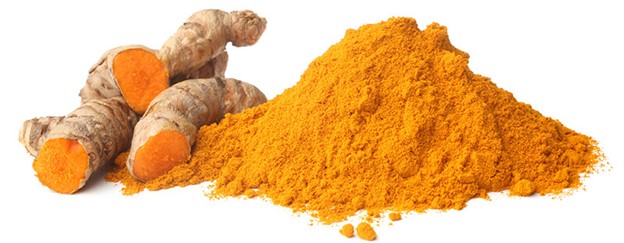
Increased blood flow is one small benefit provided by the spice turmeric.
In fact, in ancient Chinese medicine, there are several uses for turmeric besides opening blood vessels.
Turmeric has been used for centuries as a healing agent to treat chronic pain. It decreases inflammation throughout the body and even aids in depression.
Cayenne Pepper
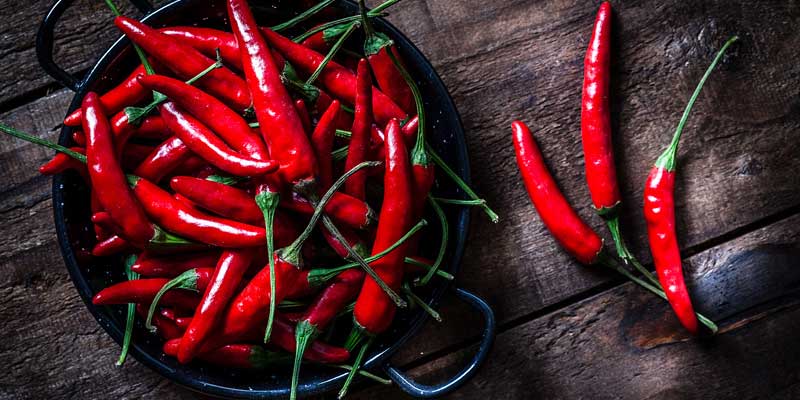
Cayenne pepper is known for its ability to give dishes a spicy kick, but it’s also thought to improve circulation.
The compound capsaicin in cayenne can aid blood flow by dilating blood vessels, which helps promote healthy circulation.
Additionally, it may offer a thermogenic effect that can help elevate metabolism.
Staying Hydrated
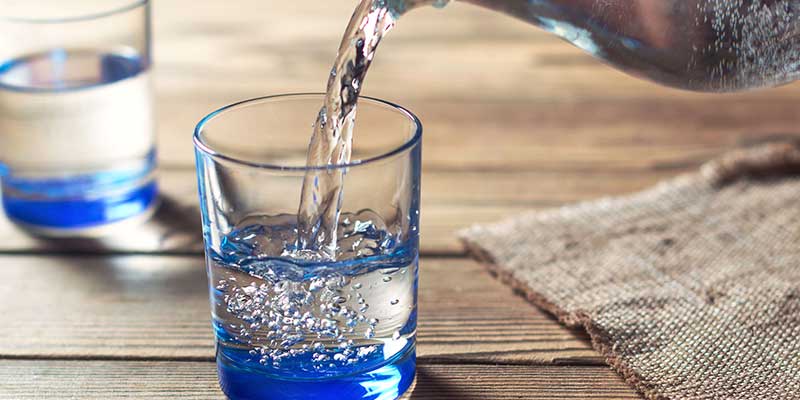
While not a food, staying hydrated is fundamental to maintaining healthy circulation.
Water plays a critical role in transporting nutrients and oxygen in your bloodstream.
Dehydration can lead to thickening of the blood, making it harder for your heart to pump effectively. Therefore, drink enough water daily to support your circulation and vein health.
Conclusion
A healthy diet can improve circulation and vein health, providing benefits to the entire body. In addition to diet there are other ways to improve circulation.
One-third of our population over the age of 45 has some form of vein disease. Early symptoms may be minor but could become severe. While vein disease can be hereditary, lifestyle and food choices also affect your veins.
Incorporating these foods into your diet can be a game-changer for overall circulation and vein health.
Many of these foods enhance blood flow and can improve your overall health, which is ultimately key for achieving that coveted vascularity in bodybuilding and maintaining a healthy lifestyle.
As you consider incorporating them into your meals, remember that a balanced diet not only nourishes your body but supports a healthy circulatory system.
It is important to treat vein disease to prevent permanent damage or disability. If you have concerns about the health of your veins, consult with a healthcare professional. Contact The New Jersey Vein and Vascular Center. We can relieve your symptoms, improve your appearance, and help you prevent complications.

